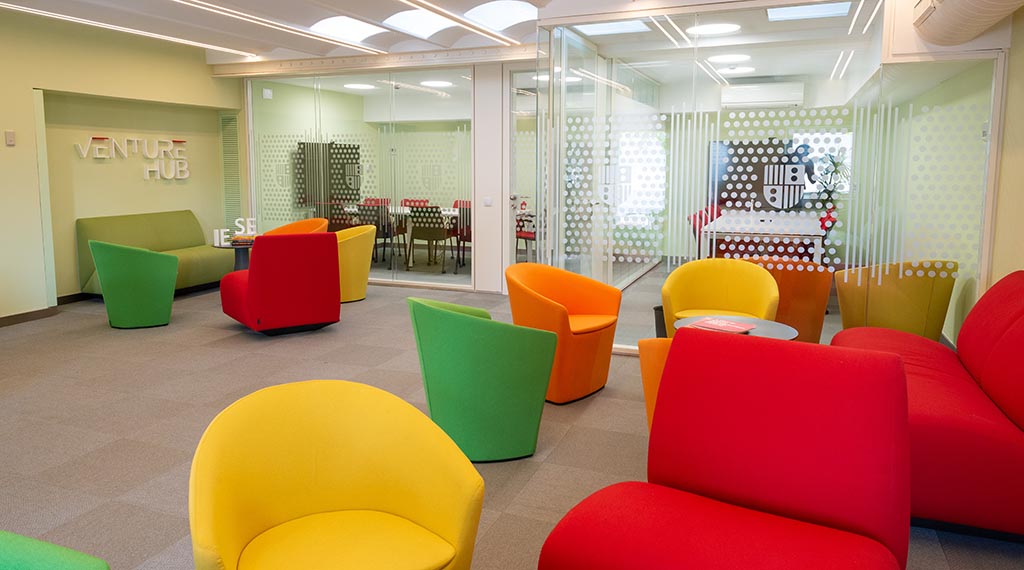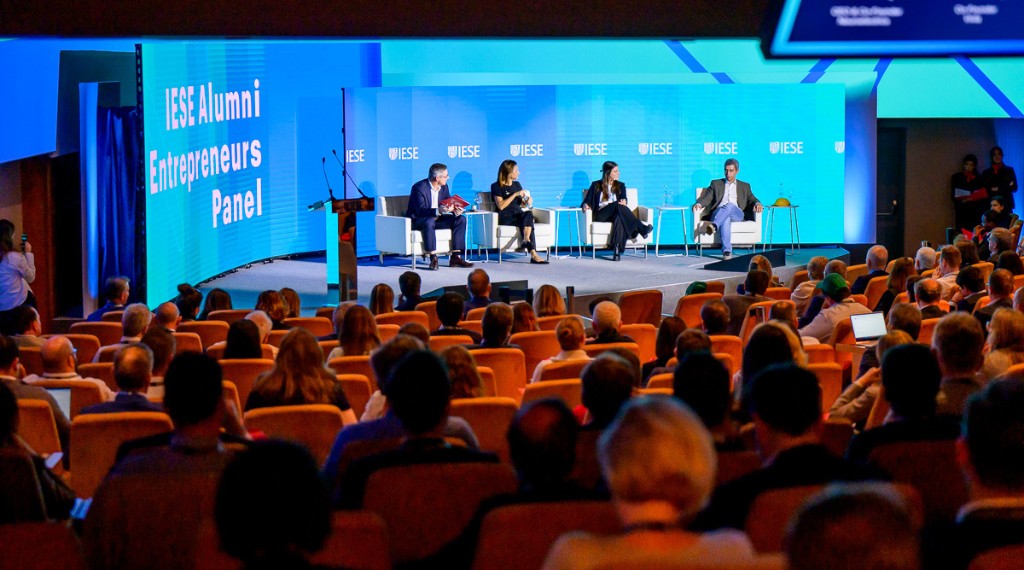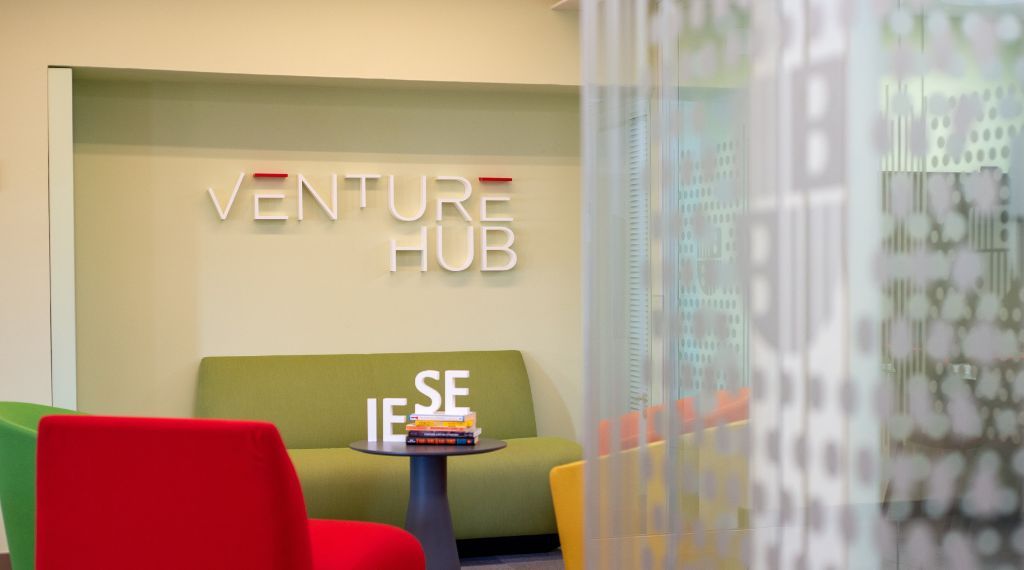Stories
IESE’s Business Angels Network turns 15
“I found innovation, inspiration and a personal challenge”
Founded in late 2003, the BAN is now a network of more than 200 active investors, providing financing for more than 220 startups.
iStock
January 29, 2019

IESE’s Business Angels Network (BAN) has just turned 15 years old, with more than 220 investments, worth more than €43 million, in its quiver.
Founded in late 2003, the BAN is now a network of more than 200 active investors, including a growing number of women investors. With the BAN, IESE serves as a nexus for alumni and non-alumni alike, bringing together and training investors, offering them a curated deal flow, and providing entrepreneurs with a platform to present their projects.
“It’s incredibly rewarding to contribute to the dreams of entrepreneurs, and to help successful business leaders and executives become angel investors, sharing their knowledge, their contacts and their savings in order to support entrepreneurs,” said professor Juan Roure, a founder of the network.
Of the investors, 80% are alumni and 20% are not, and they have worked in sectors ranging from retail to finance to IT. Said José María Dot (MBA ’80) of investment group G8i: “After a long career in the insurance sector, a good friend from IESE invited me to an angel network meeting. I found innovation, inspiration and a personal challenge: becoming an angel investor.”
“Investing in startups is exciting, enriching and, I must admit, complex. The Network offers the recipe for success: learning, access, co-investment and trust,” said long-time investor Alex Pardo of the Family Office Sorigué.
Many of the investors form groups after completing a program at IESE. In 2010, the first alumni-led investment club, PADEINVEST, was created, and there are currently more than a dozen clubs created by former students.
Investing in healthcare, fintech, online shopping platforms and more
The first startup received financing in 2004, and in 2018 the BAN supported 36 startups, a record year. Of those, health was the sector that received the most funding, followed by fintech and real estate. More than 35% of the investments were in B2B projects.
Two of the most successful investments in the BAN’s history have been BuyVIP, a private sales community acquired by Amazon in 2010, and Privalia, an online outlet store that sold for €400 million. But there have been many smaller-scale exits and sales that have provided healthy returns for their investors.
Home repairs platform Habitissimo is another success story. Founder Jordi Ber said the BAN brought to Habitissimo not only funding but also a wealth of experience. “I would highlight the experience and professionalism of the investors we’ve had. I think this is key and very important in a business angel.”
Vocation to educate investors and create knowledge
As part of IESE, the BAN was born with a commitment to train investors and advance knowledge in the field. Over the past 15 years, it has produced eight case studies based on real business experiences and is involved in a number of research projects.
It provides regular training to potential investors, such as the upcoming XI Taller para Inversores Privados y Family Offices.
It is particularly interested in supporting women angels, under its Women Angels 4 Entrepreneurs (WA4E) initiative, which prepares women to become successful angel investors. “Through my work, I invest in more mature companies in very specific sectors,” said Elena Benavides, an investor who completed a PDD at IESE. “The Network has given me a different perspective, supporting younger companies, in different sectors, taking on different risks, and investing with IESE classmates and friends.”
Increasingly global reach
The BAN is also an active member of the international business angel community, forming partnerships and participating in XCALA Latam Angels, a platform that brings together angel networks in Latin America, and with the European Business Angels Network and the Asociación Española de Business Angels.
That allows the BAN to help develop angel investing around the world, as well as provide local investors with the opportunity to look further afield. The network of partners give the BAN access to international market data on investment, best practices, taxation rules, co-investment instruments and emerging trends.
As it turns 15, the ecosystem is different than at its founding, with more liquidity available, accelerators, crowdequity and a changing entrepreneurial scene. “There are challenges ahead. Some, such as increased liquidity from angel investors, are beyond our control,” said professor Roure. “But others, such as helping entrepreneurs to grow and expand internationally, are within our reach.”


